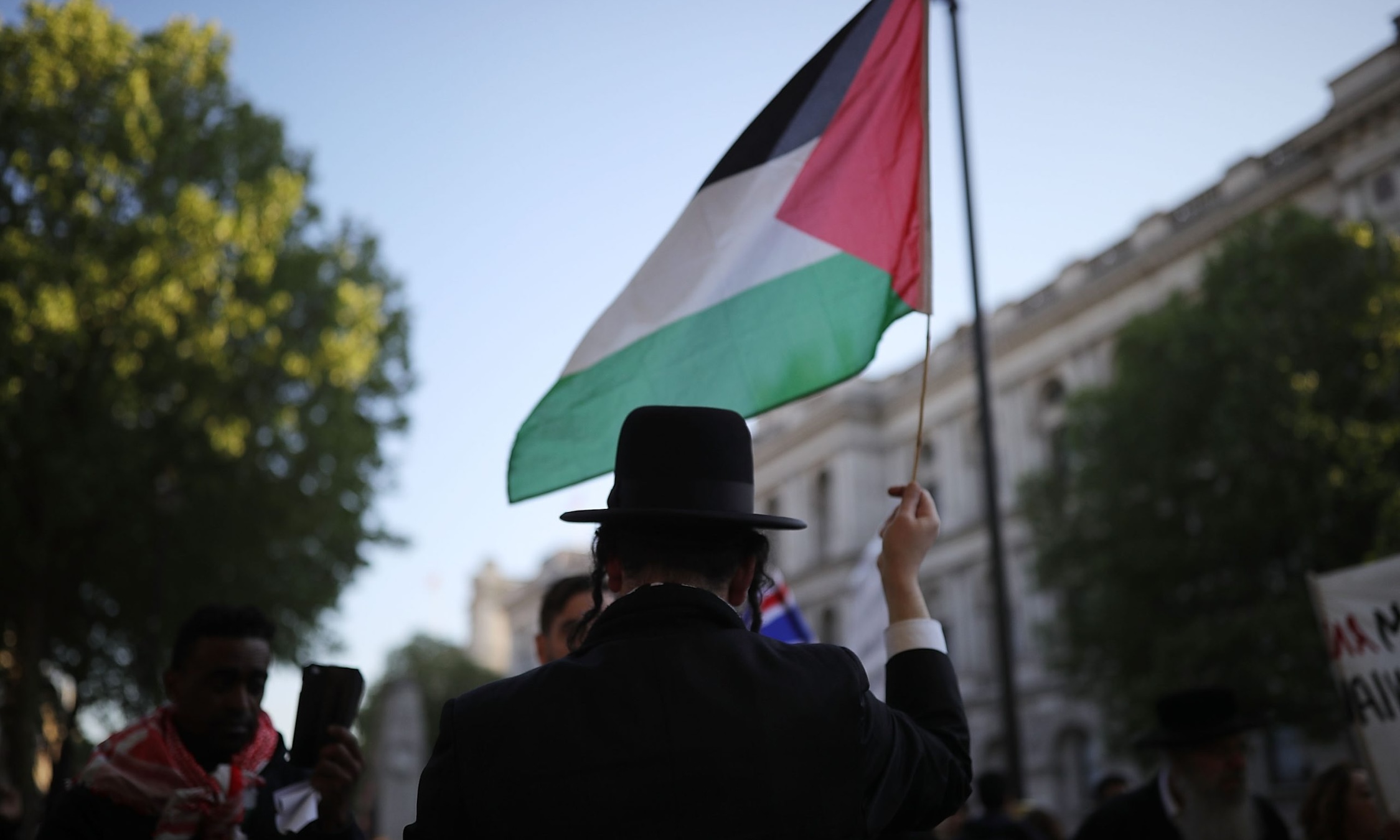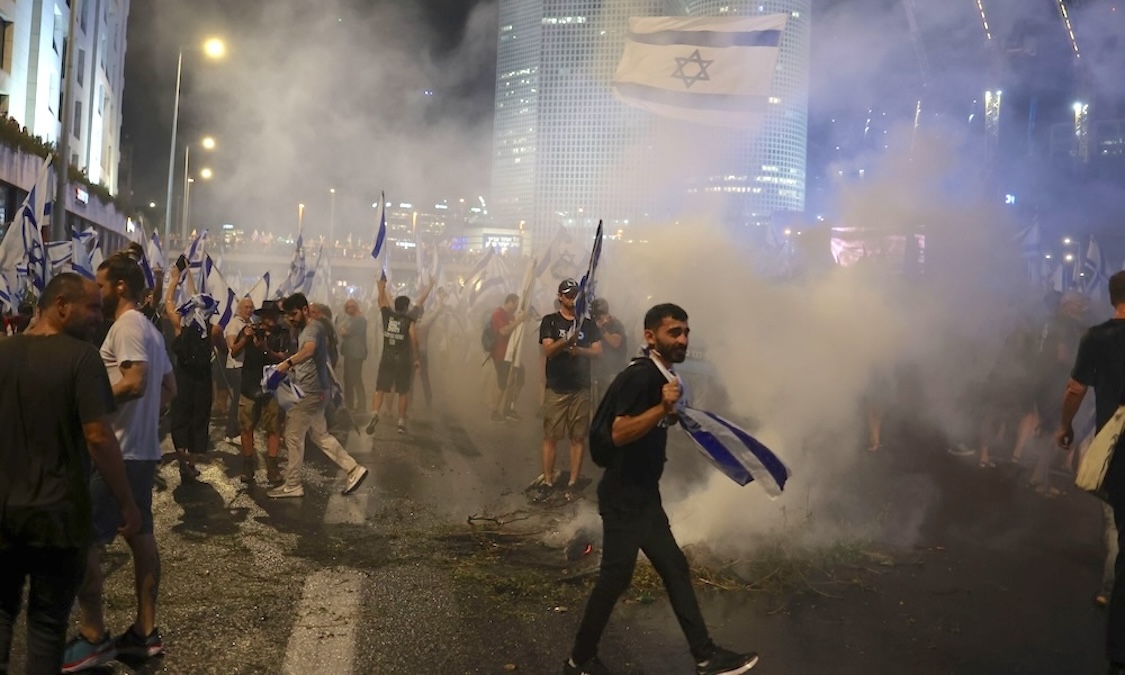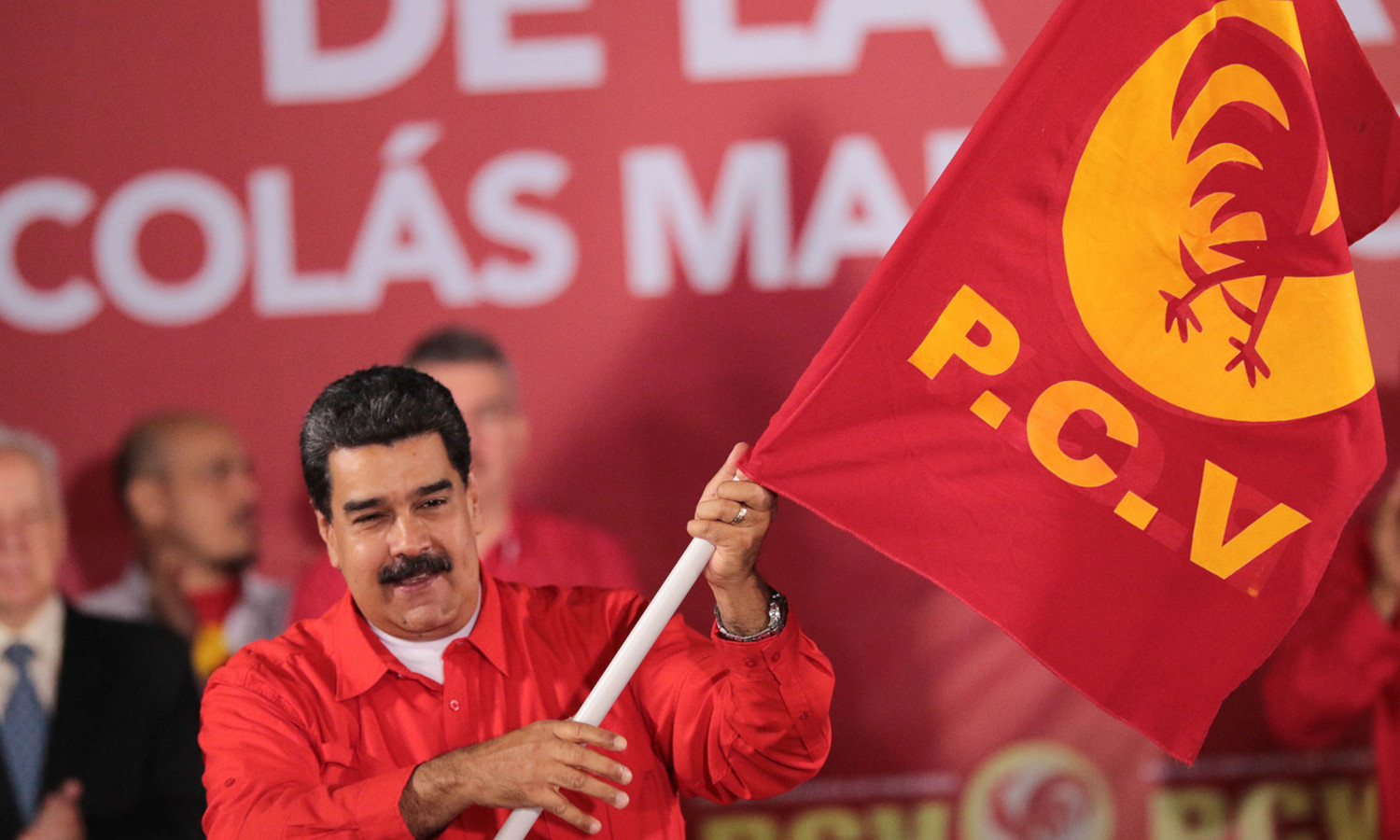The following article is reproduced from Granma, the Communist Party of Cuba’s official newspaper, with thanks.
*****
Demographic trends, armed conflicts, natural disasters, structural insufficiencies in development, inequalities in national economies, conditions of poverty in large sectors, inequities of an unjust and predatory world order, lack of job opportunities and, in general, the growing abyss between poverty and wealth, all stimulate the migration of human beings.
I return to the quote by Dr Antonio Diaz Aja, director of the Centre for Demographic Studies at the University of Havana, which I used a few years ago in a similar context, because, as he stated: “Migratory dysfunctionality is the product of the basic contradictions of the world in which we live.”
Draining talent from the oppressed countries
Sport is no exception. It has become a means for draining the south of its best children. That is why many of the territories sending athletes today were formerly the colonies of the countries that receive them.
Until April 2019, Brazil was the country that exported the highest number of football players, with 1,330 players playing in 147 tournaments. At that time, Argentina had more than 800 players in the English and Italian leagues.
In the same season in major league baseball (MLB), 256 players were not born in the United States (28 percent), of whom 228 were Latin-American. In basketball, the NBA (National Basketball Association) employed 116 players born in other countries.
A study by the University of Maryland showed that in the 2000, 2004 and 2008 Olympic Games, more than 300 migrants won medals, or were part of a team that won them. At the Pyeongchang 2018 Winter Olympics, 178 athletes participated for countries in which they were not born.
Cuba has already had Olympic champions under a flag that is not its own, including Pedro Pablo Pichardo, in the triple jump in Tokyo 2020. In Paris 2024, the Portuguese team included his compatriot Andy Diaz, now Italian, as a rival.
In 2016, Osmani Juantorena played in the Italian volleyball sextet, and in July the same will happen with the ‘Polish’ Wilfredo León. ln the Pan-American Games in Santiago de Chile, there were several duels between Cubans who represented their homeland and those who represented another.
But the ‘story’ of Cubans on the world sports map is longer than this. Athletes from across the Greater Antilles (Caribbean) have been victims of the crime of human trafficking; there are countless examples of baseball players who have passed, and still pass, through this scourge.
Campaigns to discredit and incite delegations to defect, including crimes, have been organised at venues for multisport events, such as the Central American Games (Ponce, 1993), the Pan-American Games (Indianapolis, 1987 and Winnipeg, 1999) and the Olympics (Rio de Janeiro, 2016), without the International Olympic Committee (lOC) so much as hinting at an ethical stance.
Olympic and UN complicity
Today, the lOC and the United Nations refugee agency (UNHCR) are mixing the oil with the vinegar. To put it more clearly, they have become accomplices of the aggressive and criminal policy of the United States against Cuba, which has used the theft of talent and organised irregular migration – with all its added human cost, since human life does not matter to them – with the aim of discrediting our country and attacking one of its great achievements: its sports movement.
In 2016, the International Olympic Committee, in a beautiful and humane initiative, created the Refugee Olympic Team (EOR, or Équipe Olympique des Réfugiés). The first delegation participated in the Rio de Janeiro games the same year; the second in Tokyo 2020, and Paris played host to the third. This is a delegation that is basically made up of young people uprooted by war or persecuted for reasons of ethnicity, religion, nationality, membership of a certain social group or political opinions.
For more than 75 years, the Palestinian people have been victims of such persecution, violence and death. What is happening in Gaza today is happening in full view of the world, and the displaced in Rafah make up half of the population of that region. But in none of the three refugee teams was a Palestinian included.
In each team, including the one that participated in the French capital, there were 75 athletes. Fifty-eight of these, 77 percent, reside in countries in the developed world. Of those who travelled to the City of Light, only three live in underdeveloped nations.
Clearly then, the presence of two Cuban athletes in the EOR is not serious, because it is based on lies: Fernando Dayán Jorge, Tokyo 2020 Olympic champion in canoeing, and Ramiro Mora Romero in weightlifting.
Can you be a refugee, according to the concept of the United Nations, and be an Olympic, world, Pan-American and Central American and Caribbeanchampion at only 22 years old? Can this be achieved while being persecuted or uprooted by war?
The IOC and the UNHCR are wrong, or lend themselves to the farce against Cuba, which the Refugee Olympic Team defends, even though it should be an expression of peace through sport, one of the noblest ideas in the face of the injustice that such people experience.
Cuba has not complained against the presence of its nationals in other delegations when they comply with the provisions of the Olympic charter. More than that: we have helped, as recently with the Chilean wrestling team, the preparation of those who were born in its womb and now compete for another country, such as the gladiator Yasmani Acosta. Cuba proudly receives the dedication of those who live abroad, and they put on the national jersey, as the Asere baseball team did.
What we do not accept, and that is why we are denouncing it, is manipulation. We Cubans are not surprised that campaigns against our country are fuelled by the west, but for the International Olympic Committee and the United Nations high commissioner for refugees appear in these dirty manoeuvres is undignified.
It is not Cuba that uses sports as a political weapon. It is the empire, defeated for 65 years, that is bothered because, after wanting to kill Cuba by hunger, leaving it without fuel, and speculating with its finances against an entire people, a black man like Mijain López, or another like ldalys Ortiz, has risen to the top of the podium reserved for the rich world – for those who exploit.
The Olympic charter states: “As sport is an activity that is part of society, sports organisations within the Olympic Movement must apply the principle of political neutrality.”
But this is its most violated precept.













